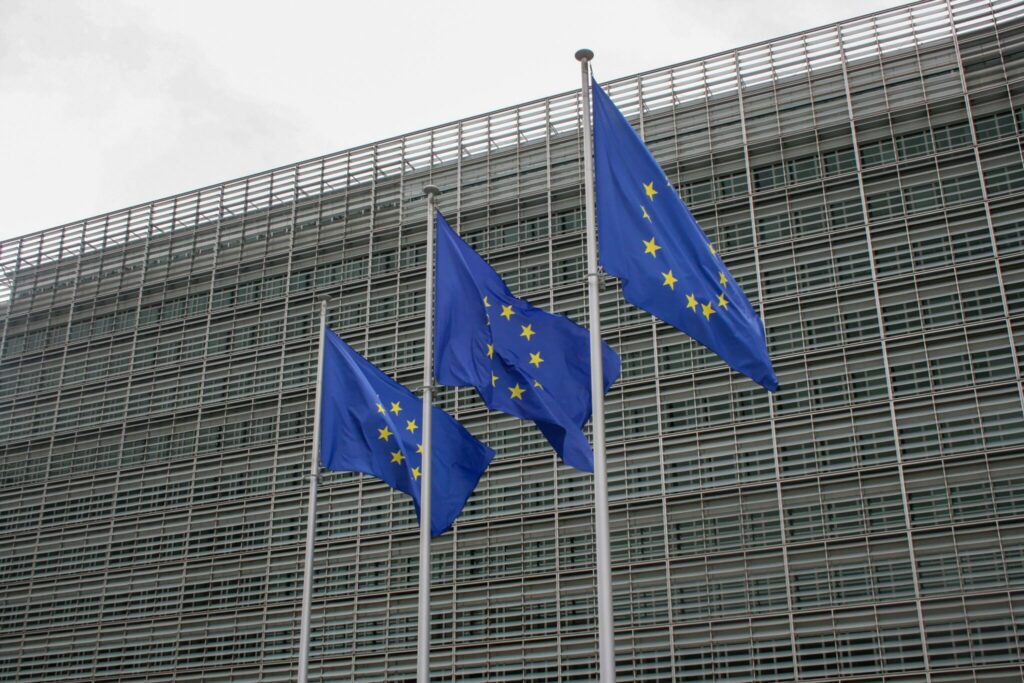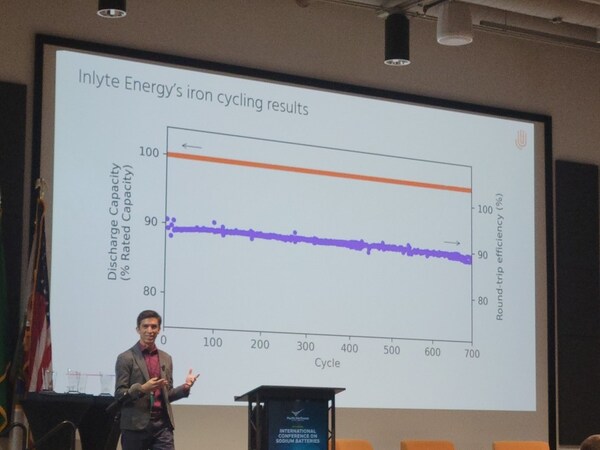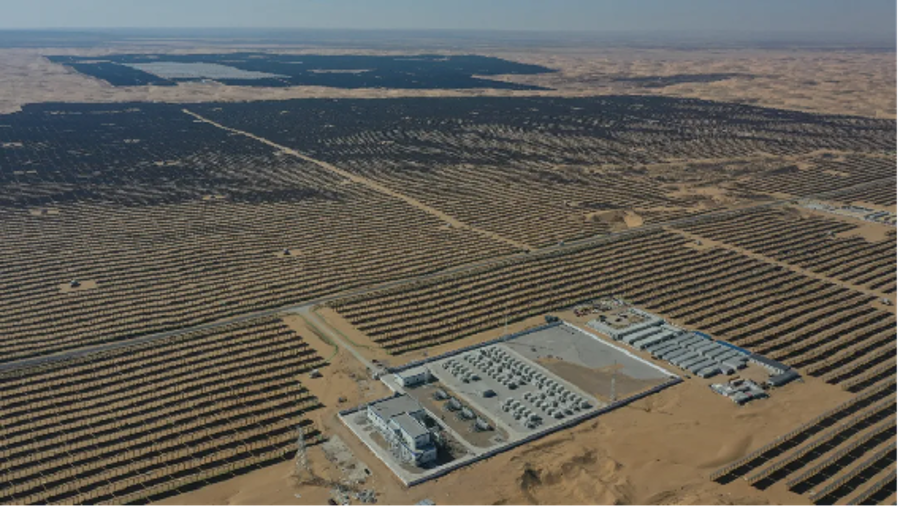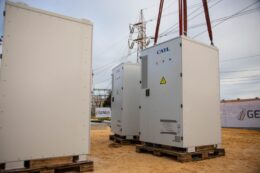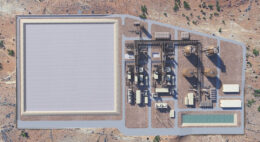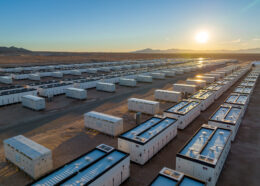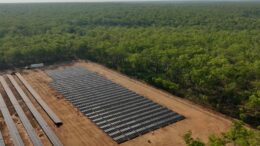Lithuania bans Chinese remote access to energy storage, solar, wind devices

The Lithuanian parliament has passed legislation blocking Chinese manufacturers from remotely accessing the country’s solar, wind, and energy storage facilities.
The Article 733: Security Requirements for the Control Systems of Electricity Devices law aims to strengthen security measures for electricity generation and information management systems against nations classified as threats to Lithuania’s national security.
With China included on that list, the law prohibits Chinese manufacturers from accessing systems they supply in Lithuania, preventing them from remotely managing power parameters or turning devices on or off.
The legislation applies to information management systems and security measures in solar and wind power plants and energy storage devices with installed capacities exceeding 100 kW.
The legislation will take effect for new projects on May 1, 2025. Existing solar, wind, and energy storage facilities must comply by May 1, 2026.
The European Solar Manufacturing Council voiced support for the changes.
“We are expecting and looking forward to such kinds of decisions to be replicated in the other EU member states,” the trade body said, in a statement. “The application of [the European Union’s] Net Zero Industry Act resilience criterion to all solar and wind power plants, and storage devices, irrespective of the installed power capacities, is a good opportunity to prevent our information management systems from the remote controllability risks.”
A position paper from membership body SolarPower Europe, published in July 2024, called for the continent to establish a harmonized cybersecurity baseline across the solar sector in response to growing concerns about cyber attacks.
Lithuania had a total of 1,165 MW of installed solar generation capacity by the end of 2023, according to figures from the International Renewable Energy Agency.





